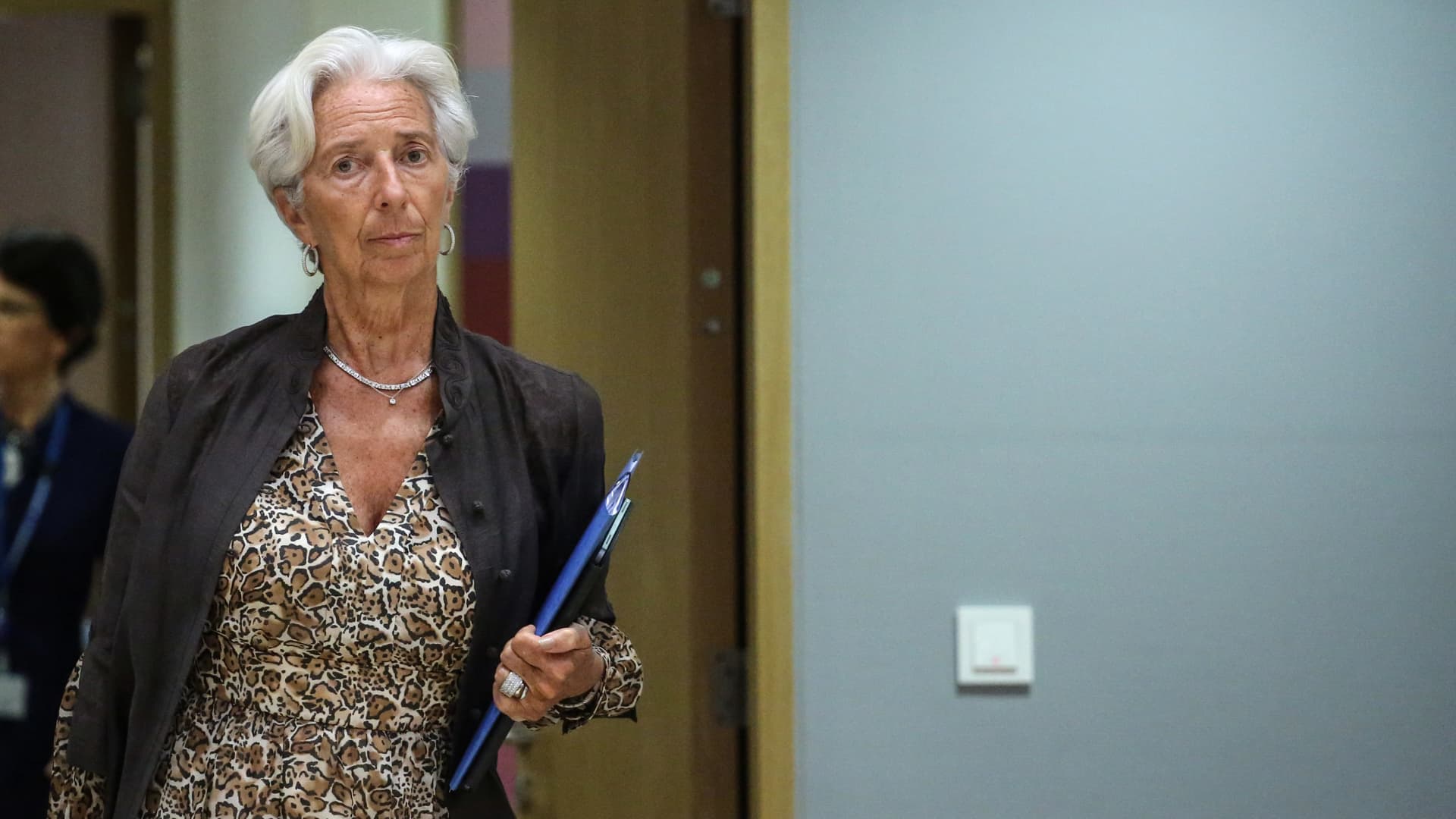Energy
Monday, July 11th, 2022 9:26 am EDT

BRUSSELS — The euro zone economy is expected to face higher inflation both this year and in 2023, officials told CNBC on Monday, while plans are being stepped up for the prospect of a permanent cut to Russian gas supplies.
Europe has been under intense pressure in the wake of Russia’s invasion of Ukraine, with higher energy costs pushing up inflation across the region. This economic reality is unlikely to change anytime soon, with new forecasts pointing to an upward revision in consumer prices across the bloc.
“What we see [is that] economic growth is proving quite resilient this year, still one can expect some downwards revision and even more so for the next year because of many uncertainties and risks,” Valdis Dombrovskis, executive vice president at the European Commission, told reporters ahead of a meeting of finance ministers.
“Unfortunately, inflation continues to surprise on the upside, so it’s once again going to be revised upwards,” he added.
The European Commission, the EU’s executive arm, will present new economic forecasts on Thursday.
Back in May, the institution projected a growth rate of 2.7% for this year and 2.3% for next year, both for the EU and the euro area.
In terms of inflation in the euro area, the commission said this would hit 6.1% in 2022, before falling to 2.7% in 2023.
Higher inflation could add further pressure to the European Central Bank, which is expected to raise rates for the first time in 11 years next week.
‘We are preparing at the EU level’
France’s Economy Minister Bruno Le Maire said over the weekend that Europe needed to prepare itself for a total cut-off of Russian gas supplies.
Energy analysts believe that the risk of a temporary interruption is high, particularly as Russian gas flows have already dropped by about 60% in recent months.
Speaking to CNBC, Dombrovskis said the working assumption does not include a complete cut in Russian gas supplies in the coming months. However, this is “not a risk which we can exclude,” he said.
“Clearly, we are preparing at the EU level, but also EU member states are preparing also, for this eventuality,” Dombrovskis said.
The commission is due to outline suggestions next week for how EU countries should prepare for the winter amid reduced gas supplies from Russia.
Europe has been dependent on Russian gas supplies for several years and key industries rely on this commodity to work. This is the case in Germany, for instance, where chemical factories and steel production facilities use natural gas as a raw material.
“What could change the situation we are in and bring us in a more difficult economic situation are supply cuts and real shortages of supply,” Paolo Gentiloni, Europe’s economy commissioner, told CNBC on Monday.
Back in May, the commission said that an outright cut in Russian gas supplies would mean an economic contraction on a quarterly basis in 2022, but that annual growth would still likely remain in positive territory.
“Unfortunately, the situation did not change for the better,” Gentiloni said.
A significant risk
In fact, gas prices in Europe saw further volatility on Monday amid concerns that Russia could soon stop sending gas to Europe via the Nord Stream 1.
The pipeline, which runs from Russia to Germany under the Baltic Sea, was closed from Monday until July 21 for annual summer maintenance. It has stoked fears that Moscow may not restart supplies once the works are concluded.
A spokesperson for Germany’s Economy Ministry said it is difficult to predict what Russia will do after that date, according to Reuters.
Ireland’s Finance Minister Paschal Donohoe told CNBC that a permanent cut to Russian gas supplies poses a “significant risk.”
“It is of course a concern and it is something that we are monitoring very actively,” Donohoe said, pointing out that 12 EU economies were currently being affected by fewer gas supplies.
“Steps are being taken in the short term in terms of building up our capacity for gas storage. And then in the medium term regarding alternative sources of energy other than imported gas. So, we recognize that as a significant risk, but we have done this now for some time,” he said.
The Kremlin’s invasion of Ukraine shed further light on Europe’s reliance on Russian fossil fuels.
The commission has a plan to stop this dependency but doing so could come with hefty costs as governments invest in other energy production sources and look to make deals with other gas exporters.
In June, European Commission President Ursula von der Leyen said Russian gas imports were down by 33% over a 12-month period.
This post has been syndicated from a third-party source. View the original article here.



